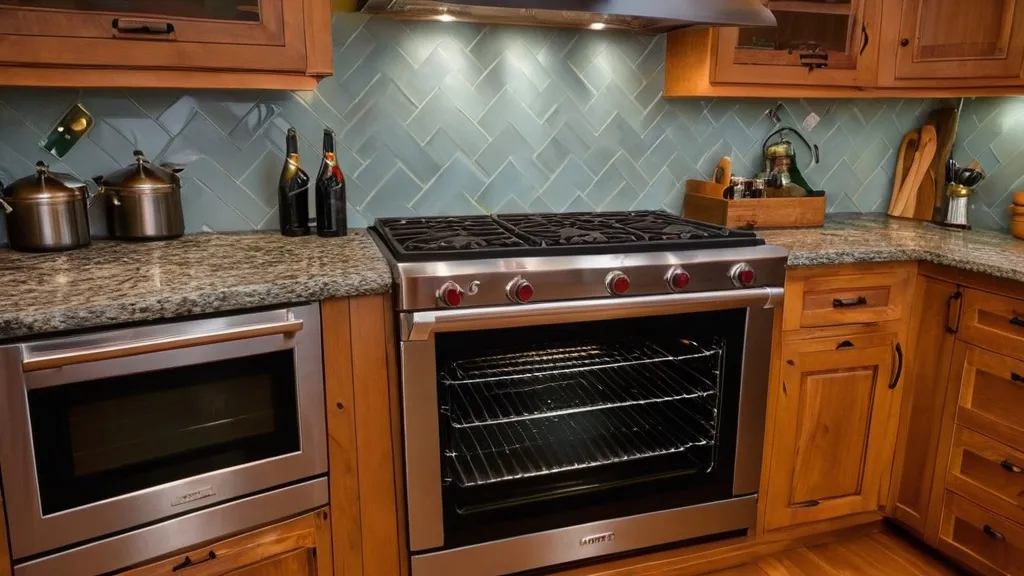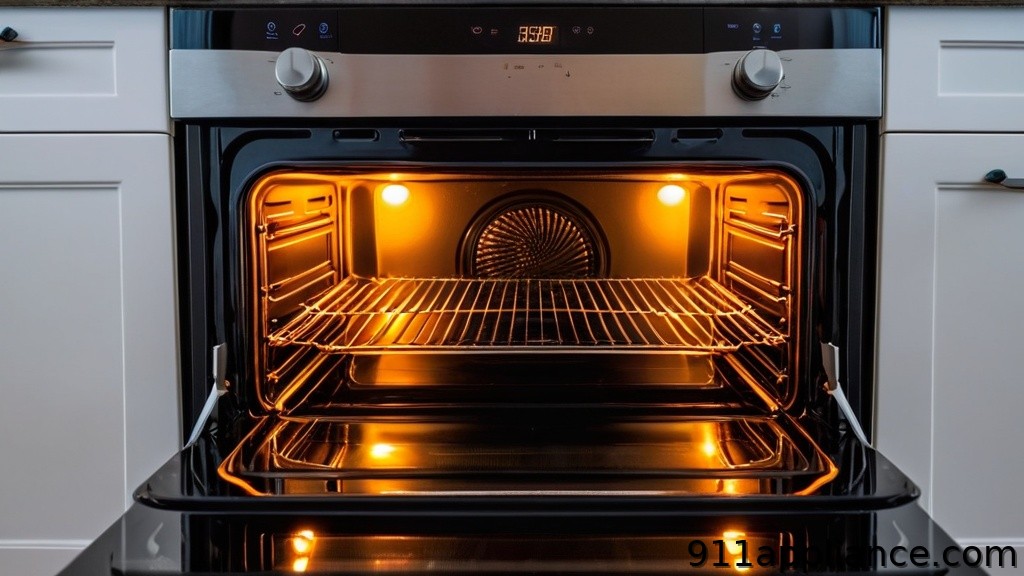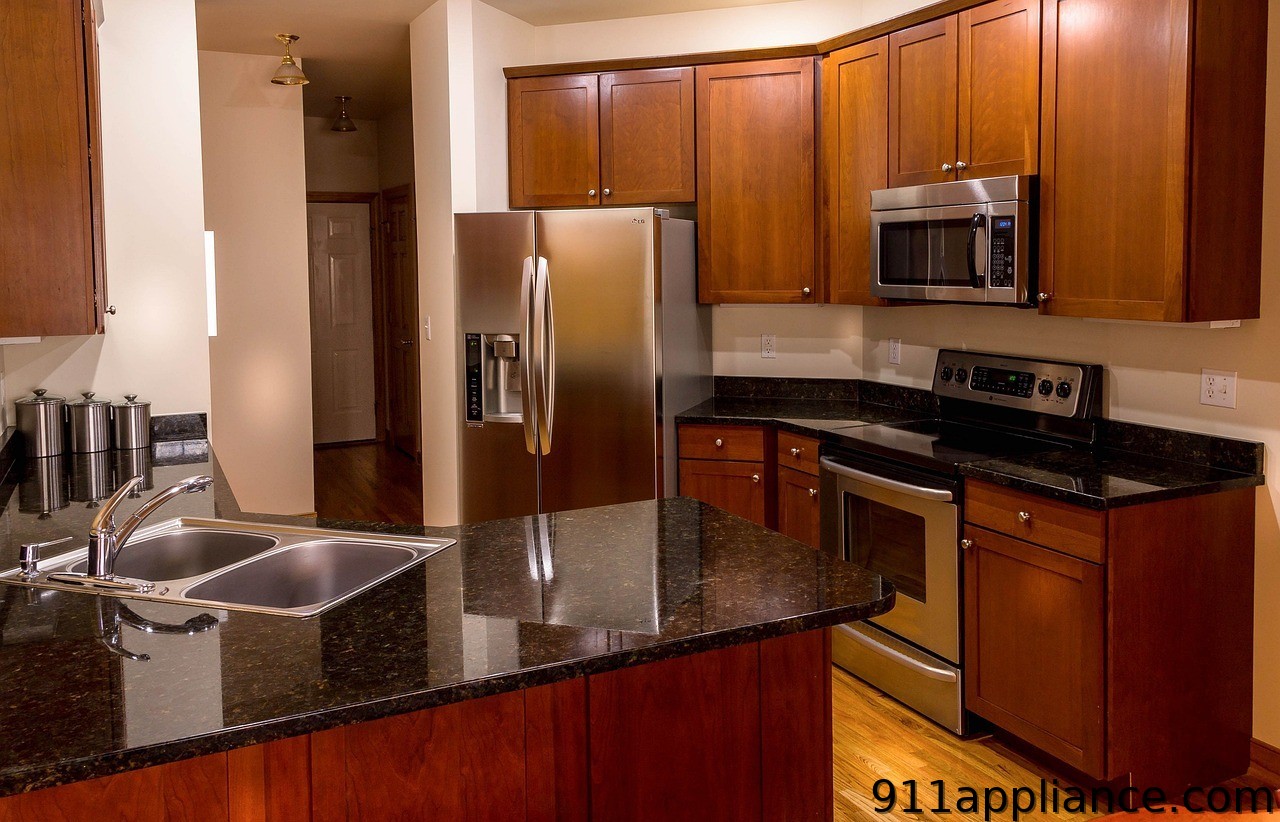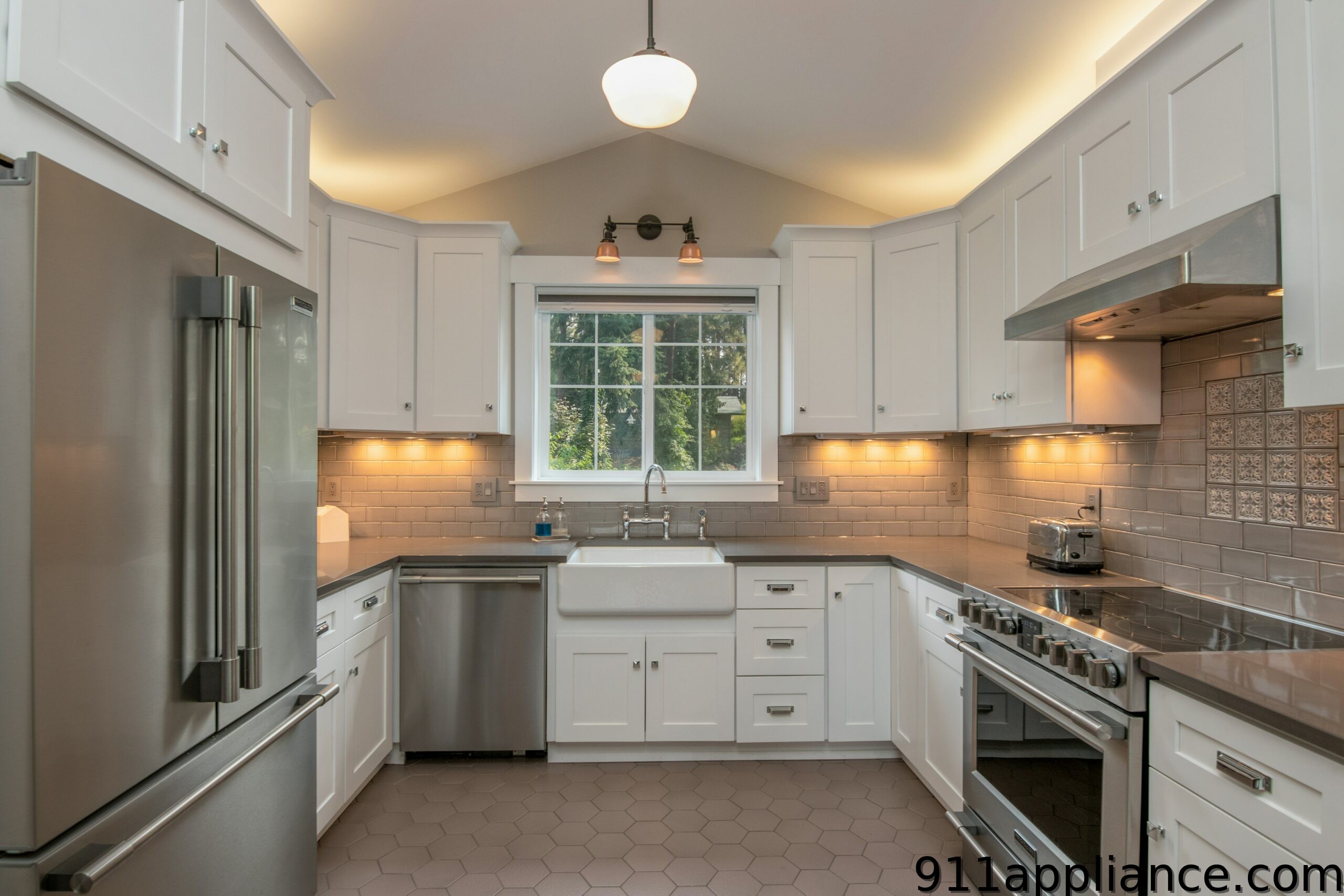The oven is an essential appliance in every kitchen. Whether you’re baking a cake, roasting a chicken, or simply reheating leftovers, a properly functioning oven is crucial for cooking food evenly and thoroughly. However, an overheating oven can be dangerous and cause damage to the appliance. In this article, we will explore the signs of an overheating oven, the causes behind it, and provide solutions to prevent and address this issue.
Table of Contents
- Signs of an Overheating Oven: What to Look For
- Causes of Oven Overheating: Electrical Issues
- Causes of Oven Overheating: Malfunctioning Thermostat
- Causes of Oven Overheating: Dirty or Blocked Vents
- Causes of Oven Overheating: Faulty Heating Element
- Causes of Oven Overheating: Improperly Installed Oven
- How to Test Your Oven for Overheating Issues
- DIY Solutions for Overheating Ovens
- When to Call a Professional for Oven Repair
- How Can I Determine if the Overheating Issue in My Oven is Caused by a Faulty Heating Element?
- Preventing Future Oven Overheating Issues

Signs of an Overheating Oven: What to Look For
There are several signs that indicate your oven may be overheating. One of the most obvious signs is burnt or charred food. If your food is consistently coming out overcooked or burnt, it’s a clear indication that your oven is heating up beyond the desired temperature. Another sign to look out for is smoke or burning smells coming from the oven. This can be a result of food or grease spilling onto the heating element and causing it to burn. Additionally, if you notice that your food is cooking unevenly, with some parts being undercooked while others are overcooked, it could be a sign of an overheating oven. Lastly, error messages on the oven display can also indicate an issue with overheating.
Causes of Oven Overheating: Electrical Issues
One of the main causes of oven overheating is electrical issues. Faulty wiring or connections can cause the oven to draw more power than necessary, leading to overheating. Power surges or voltage fluctuations can also contribute to this problem. If your circuit breaker frequently trips when using the oven, it could be a sign of electrical issues that are causing the oven to overheat.
Causes of Oven Overheating: Malfunctioning Thermostat
Another common cause of oven overheating is a malfunctioning thermostat. The thermostat is responsible for regulating the temperature inside the oven. If it is faulty, it may not accurately measure the temperature and can cause the oven to heat up beyond the set temperature. This can result in burnt or undercooked food.
Causes of Oven Overheating: Dirty or Blocked Vents
Dirty or blocked vents can also cause an oven to overheat. Vents that are clogged with grease or debris restrict the airflow inside the oven, preventing proper ventilation. This can cause the oven to heat up excessively and result in smoke and burning smells. It is important to regularly clean the vents to ensure proper airflow and prevent overheating.
Causes of Oven Overheating: Faulty Heating Element
A damaged or broken heating element can also cause an oven to overheat. The heating element is responsible for generating heat inside the oven. If it is not functioning properly, it may produce more heat than necessary, leading to overheating. Additionally, a faulty heating element can result in unevenly cooked food, as some areas may receive more heat than others.
Causes of Oven Overheating: Improperly Installed Oven
In some cases, an oven that is not installed correctly can cause overheating issues. Poor ventilation or incorrect wiring during installation can lead to improper heat distribution and cause the oven to overheat. It is important to ensure that your oven is installed properly to avoid these issues.
How to Test Your Oven for Overheating Issues

If you suspect that your oven is overheating, there are a few tests you can perform to confirm the issue. First, you can use an oven thermometer to check the temperature accuracy. Place the thermometer inside the oven and set it to a specific temperature. After some time, check if the actual temperature matches the set temperature. If there is a significant difference, it could indicate an overheating issue. Additionally, you can observe the cooking process for signs of overheating, such as burnt or unevenly cooked food. Lastly, inspect the vents and heating element for any damage or blockages that may be causing the overheating.
DIY Solutions for Overheating Ovens
If you have determined that your oven is overheating, there are some DIY solutions you can try before calling a professional. Regularly cleaning the vents and heating element can help prevent overheating caused by blockages. Use a soft brush or cloth to remove any grease or debris from the vents and heating element. Additionally, check and replace any faulty wiring or connections that may be causing electrical issues. If you suspect that the thermostat or heating element is malfunctioning, you can replace them yourself with the help of online tutorials and guides.
When to Call a Professional for Oven Repair
While some oven overheating issues can be resolved with DIY solutions, there are instances where it is best to call a professional for repair. If the issue is beyond your DIY capabilities or if you are unsure about handling electrical components, it is safer to seek professional help. Additionally, if your oven is still overheating after attempting DIY solutions, it may indicate a more complex issue that requires professional expertise. Lastly, if there are any electrical or wiring issues that need to be addressed, it is important to consult a professional to ensure safety.
How Can I Determine if the Overheating Issue in My Oven is Caused by a Faulty Heating Element?
If you are experiencing an overheating issue in your oven, troubleshooting heating element repair may be necessary. To determine if the problem is with the heating element, check for signs of damage or wear. If you notice any issues, it may be time to consider a heating element repair.
Preventing Future Oven Overheating Issues
To prevent future oven overheating issues, regular maintenance and cleaning are crucial. Clean the vents and heating element regularly to prevent blockages and ensure proper airflow. Additionally, proper installation and wiring are essential for a functioning oven. If you are installing a new oven or moving an existing one, make sure to follow the manufacturer’s instructions carefully or hire a professional for installation. Lastly, addressing any issues promptly can prevent further damage and ensure safe cooking. If you notice any signs of overheating, take immediate action to identify and resolve the problem to prevent any potential hazards.



